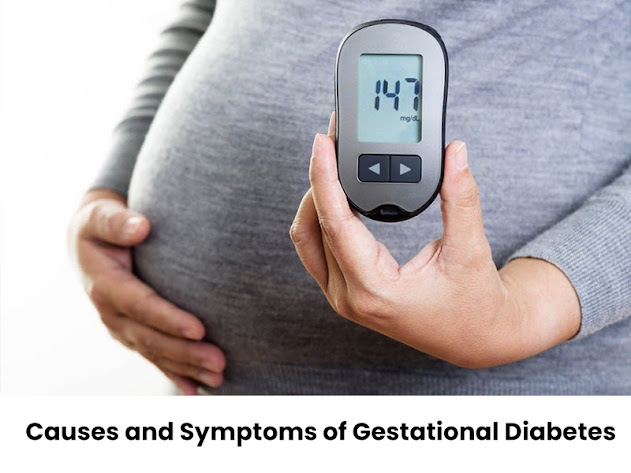Risk factors and treatment for eclampsia
Eclampsia is a severe condition that causes convulsions during pregnancy. Learn its risk factors and treatments from a gynecologist in South Kolkata.
Risk factors and treatment for eclampsia
Eclampsia is characterized by the onset of convulsion at the time of pregnancy, especially after the twentieth week. Identifying the potential risk factors and treatments can help in preventing and managing this condition. Know more from a gynecologist in South Kolkata.
Symptoms of eclampsia
Before we dive into the risk factors and treatments of eclampsia, let us look at its symptoms first.
Severe headache
Vision problems like blurring or flashing
Pain below the ribs
Vomitting
Swelling of the face, hands and feet
What are the risk factors of eclampsia?
Some of the risk factors of eclampsia during pregnancy are as follows.
Preeclampsia: Eclampsia is usually preceded by preeclampsia, a condition characterized by damage to organs like the liver and kidney during pregnancy and high blood pressure.
Age: Young women, especially teenagers and older women who are above 40, are at a higher risk of developing eclampsia. The risk is lower for those who are between 20 and 35 years old.
Multiple pregnancies: Individuals carrying twins, triplets or more babies are at a high risk of eclampsia. The stress on the body during multiple pregnancies can cause this condition.
Chronic hypertension: According to the best gynecologist in South Kolkata, women with high blood pressure before pregnancy are at an increased risk of developing preeclampsia. Thus, proper management of hypertension is essential before and during pregnancy to prevent such complications.
Diabetes: Women with diabetes, especially those with poorly controlled blood sugar levels, are at risk of developing eclampsia in pregnancy.
Treatments
Treatments for eclampsia during pregnancy are listed below.
Medications: Antihypertensive medications might be prescribed to manage the levels of high blood pressure. Regulating blood pressure is vital for preventing the progression of preeclampsia to eclampsia.
Hospitalization and monitoring: In severe cases, hospitalization might be necessary to closely monitor the health of the mother and the fetus. Regularly checking organ function is important for maintaining overall well-being during pregnancy.




Comments
Post a Comment